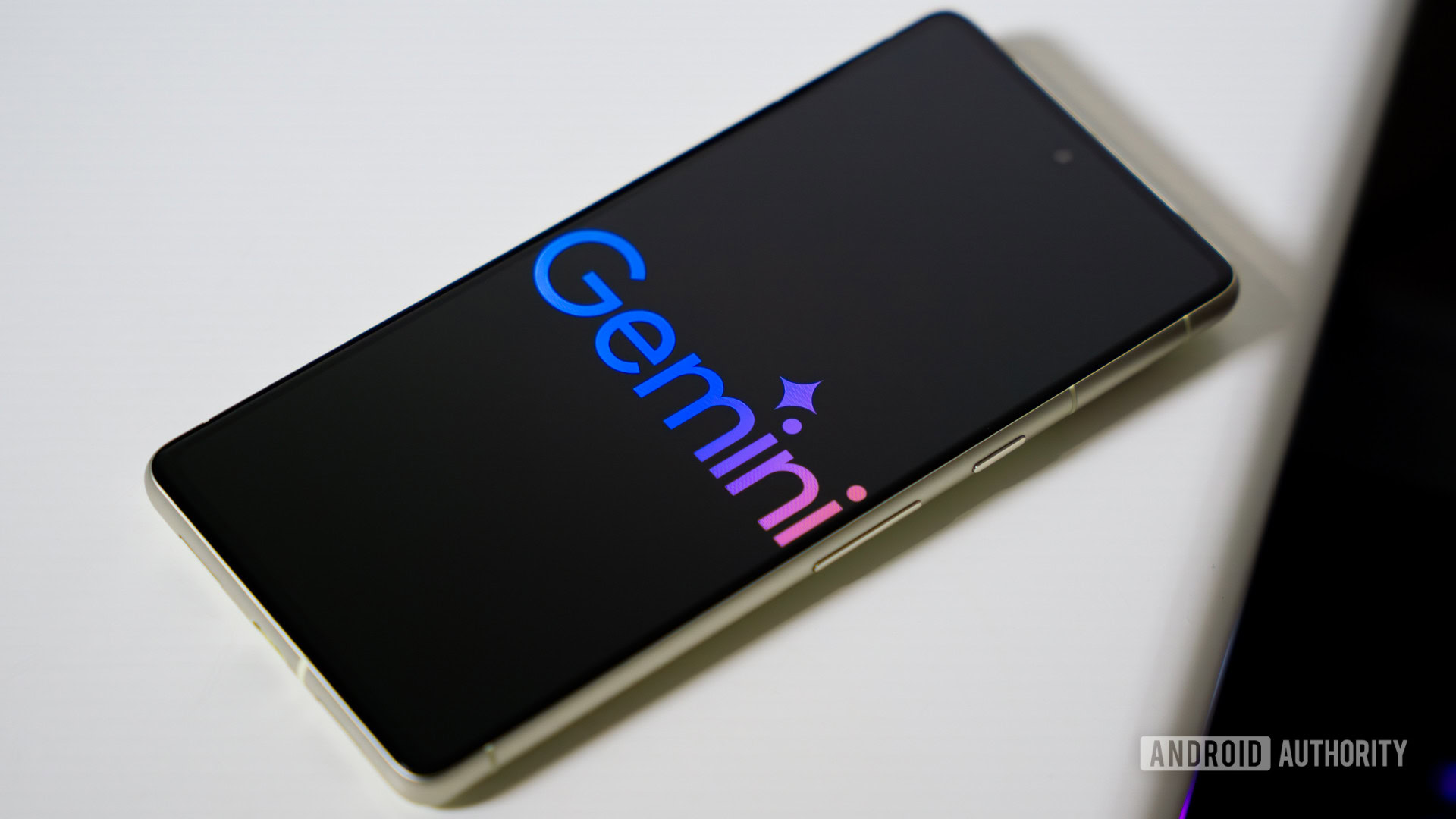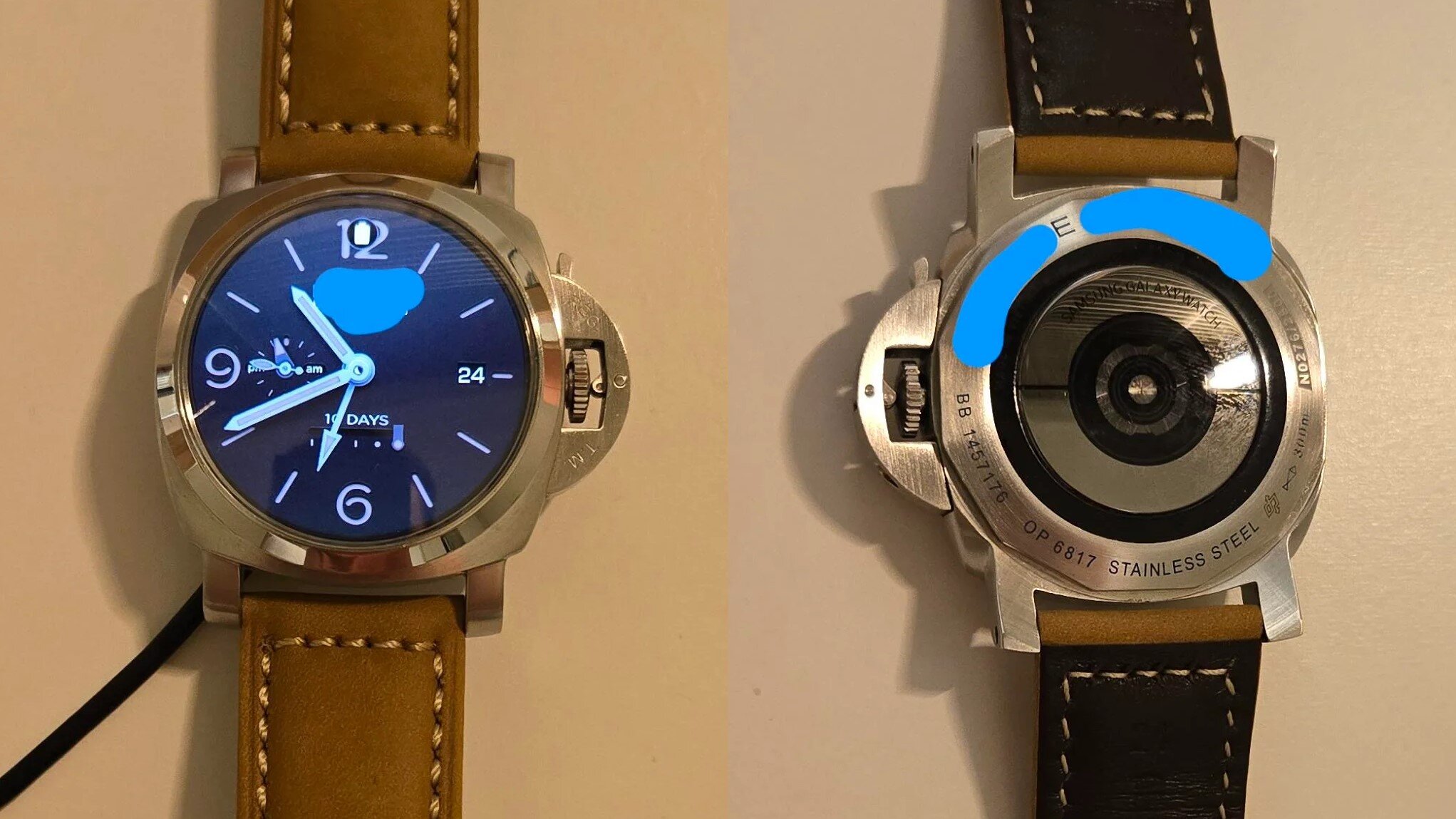After a couple of weeks of radio silence in the Epic Games, Inc.v.Apple Inc.
case, Apple’s lawyers are now back with a vengeance in the Ninth Circuit.And this time, they’re not just pushing back on the original outcome, but also asking the Ninth Circuit to assign the case to a different judge if it is sent back to the district court.As reported by , in a new appeals brief filed Monday, Apple challenges the district court order that bars it from charging any commission on in-app purchases made outside of its ecosystem.
A quick refresher You’re probably acquainted with the timeline: in 2021, Epic won an injunction that prohibited Apple from blocking developers from steering users to alternative payment methods.Then, in April, a new ruling found Apple in civil contempt for allegedly undermining the original injunction.By then, U.S.
District Judge Yvonne Gonzalez Rogers had had enough, and issued a sweeping new injunction.Among the new terms, Apple could no longer take any cut from purchases made outside its own in-app payment system, nor could it restrict how and where developers link out to third-party payment platforms.What’s new? In Monday’s filing, Apple said the updated order effectively rewrites the rules and punishes it for conduct that isn’t illegal under California’s Unfair Competition Law (UCL).
It also argues that civil contempt powers are supposed to enforce existing orders, not impose harsher ones after the fact: Apple also pushed back on the idea that its 27% commission for purchases completed through external links was out of line, and argued that even if that number was deemed “too high”, the solution shouldn’t be to eliminate commissions altogether: In sum, Apple’s requests in the new appeal include: Vacating the new injunction that bans all commissions on external purchases Striking down the five additional restrictions on steering (such as button design, disclosure templates, and where external links can appear in the app) Reversing the civil contempt finding Terminating all injunctive relief based on new California precedent (an argument the judge has rejected in the past) Reassigning the case to a new judge if the case goes back to the district court The last point is significant.Apple says that there is grounds for reassignment when “the original judge would reasonably be expected upon remand to have substantial difficulty in putting out of his or her mind previously expressed views or findings” or when “reassignment is advisable to preserve the appearance of justice,” and claims “Both circumstances are present here.” In a statement to Law360, an Apple spokesperson said: Epic, meanwhile, declined to comment. You’re reading 9to5Mac — experts who break news about Apple and its surrounding ecosystem, day after day.
Be sure to check out our homepage for all the latest news, and follow 9to5Mac on Twitter, Facebook, and LinkedIn to stay in the loop.Don’t know where to start? Check out our exclusive stories, reviews, how-tos, and subscribe to our YouTube channel









